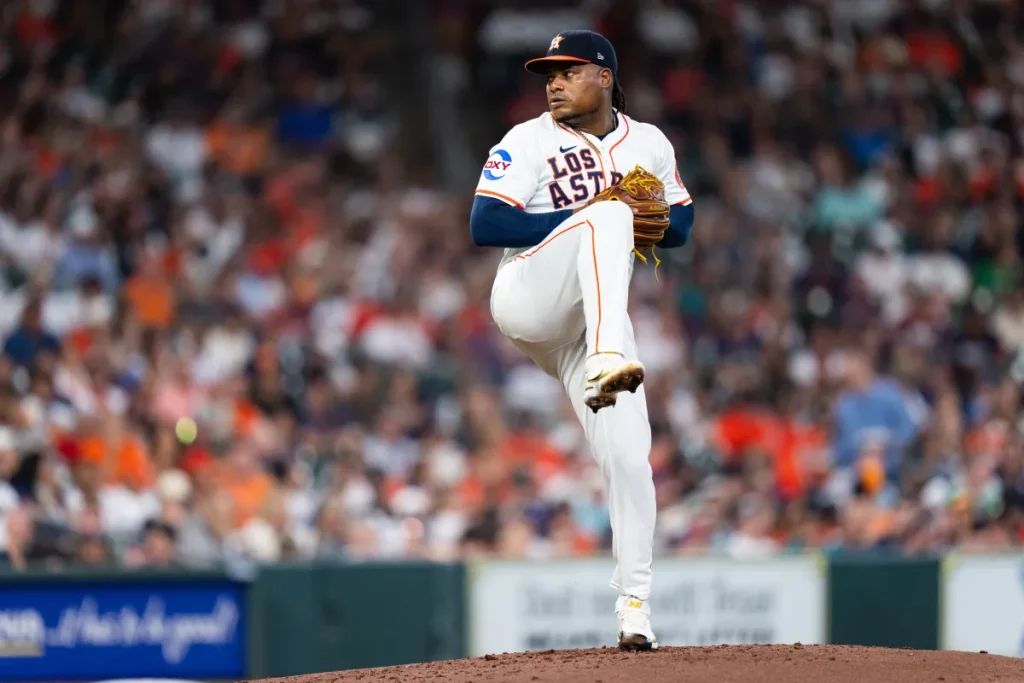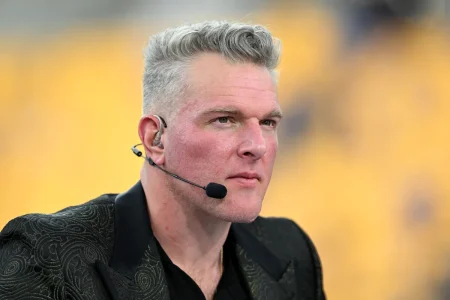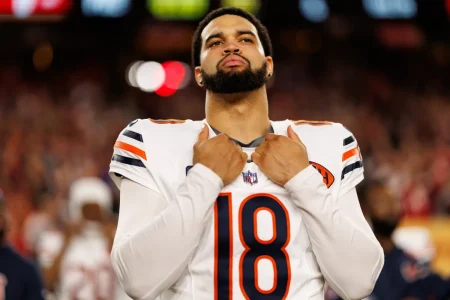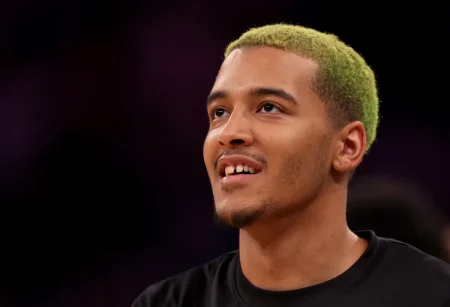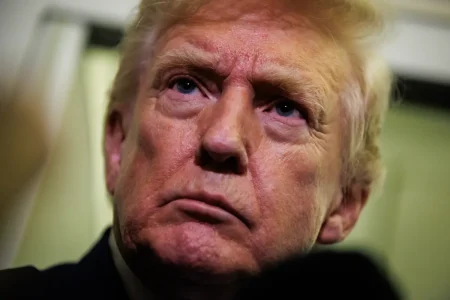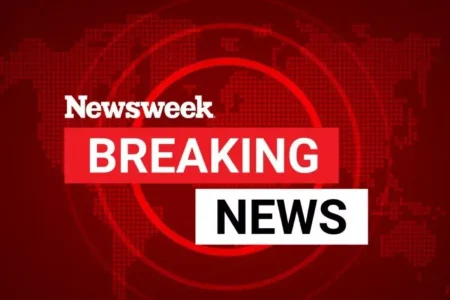Astros Eye Imanaga as Potential Solution to Rotation Needs
In the wake of Framber Valdez’s likely departure, the Houston Astros find themselves at a critical crossroads as they navigate the complexities of free agency. With their ace potentially heading elsewhere, the organization must strategically address pitching needs while operating within financial constraints that may prevent them from pursuing the market’s premium talents. This challenging situation has led analysts to identify more attainable targets who could still significantly impact the Astros’ rotation in the coming season.
Ryan Finkelstein of Just Baseball recently proposed an intriguing possibility: the Astros signing Shota Imanaga away from the Chicago Cubs on a three-year, $54 million contract. Though not a direct replacement for Valdez’s production, Imanaga represents a significant upgrade over several current rotation options like Lance McCullers Jr., Jason Alexander, and Spencer Arrighetti. As Hunter Brown emerges as the team’s ace, adding a reliable middle-of-rotation arm with potential upside could prove crucial to Houston’s continued playoff aspirations. Finkelstein notes that while Imanaga may not match Valdez’s elite performance level, he offers dependability with frontline potential if he recaptures his 2024 form.
The pursuit of Imanaga represents the pragmatic approach Houston may need to adopt in this offseason. The Japanese pitcher would provide stability and quality without requiring the financial commitment demanded by top-tier free agents. This balanced approach acknowledges the Astros’ competitive reality – they simply cannot sign all the market’s biggest names, particularly with other roster needs potentially requiring attention. For a team that has consistently contended over recent years, maintaining a well-rounded roster rather than concentrating resources on a single star acquisition may ultimately prove more beneficial.
Imanaga’s potential fit with Houston goes beyond mere availability. His pitching profile would complement the existing rotation while providing insurance against the uncertainties surrounding current staff members. McCullers has struggled with injuries, while Alexander and Arrighetti remain somewhat unproven at the major league level. Introducing Imanaga’s track record of reliability would strengthen the rotation’s foundation while allowing the Astros to develop their younger arms without excessive pressure. This thoughtful integration of veteran stability with emerging talent has been a hallmark of Houston’s successful player development approach.
The financial aspect of Finkelstein’s proposed deal – three years at $18 million annually – represents the type of calculated investment that has characterized many of Houston’s most successful acquisitions. Rather than overpaying for past performance, this structure acknowledges Imanaga’s current value while protecting the organization against long-term risk. For a pitcher who has demonstrated quality but may not have reached his ceiling, this arrangement could benefit both parties. Imanaga would receive appropriate compensation while potentially positioning himself for another substantial contract if he excels in Houston’s development system.
As the offseason progresses, the Astros face numerous decisions that will shape their competitive outlook for years to come. While fans may lament the potential loss of a beloved star in Valdez, the organization’s success has always stemmed from its ability to identify value and develop talent rather than simply outbidding competitors for established names. The potential addition of Imanaga exemplifies this philosophy – recognizing an opportunity to add quality without sacrificing financial flexibility. If executed properly, such a move could help Houston maintain its status as a perennial contender while navigating the inevitable roster transitions that all successful franchises must eventually face.





